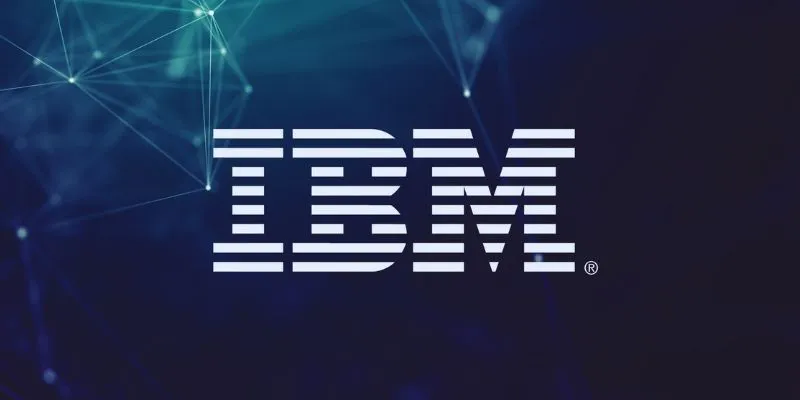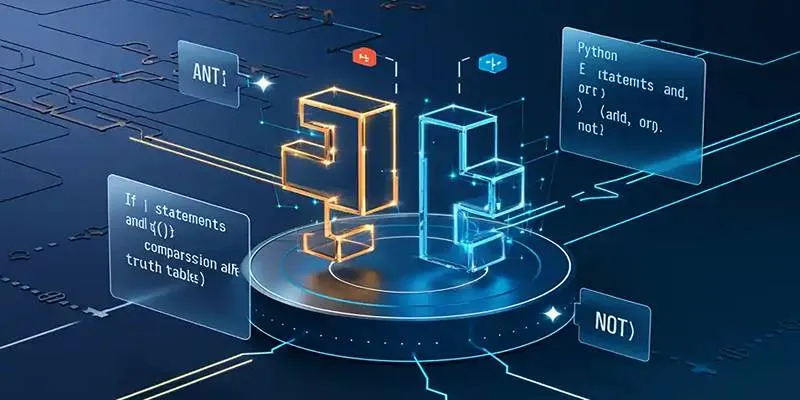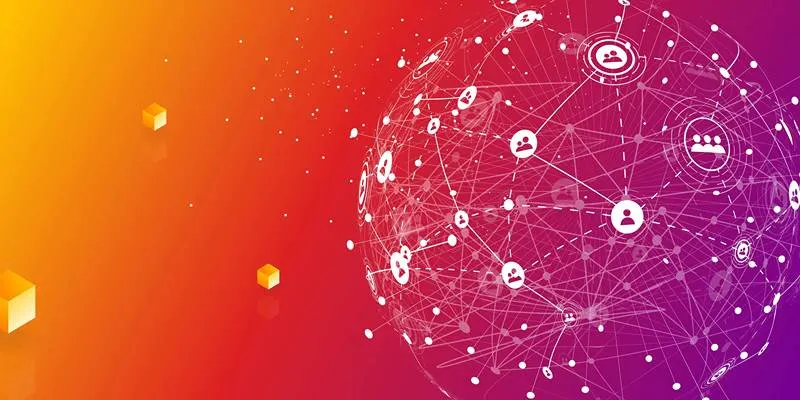Data engineering is evolving rapidly, and 2025 promises to bring even smarter tools to the forefront. Thanks to Generative AI (GenAI), many manual and repetitive data tasks are now automated, allowing data engineers to focus more on problem-solving rather than data cleaning, preparation, or pipeline management.
This post explores seven of the best GenAI-powered tools that are transforming data engineering. These tools assist with data integration, transformation, pipeline building, and data quality monitoring—all using artificial intelligence to make work faster and smarter.
Why GenAI Tools Are Crucial for Data Engineering in 2025
As data volumes continue to grow exponentially, the demand for more intelligent and scalable data engineering solutions increases. GenAI-powered tools meet these needs by offering:
- Automated data pipeline creation
- Smart code generation in SQL and Python
- Real-time data anomaly detection
- Schema mapping and metadata management
- Natural language interfaces for complex queries
These capabilities not only save time but also reduce the dependency on highly specialized manual coding tasks. The result is faster project delivery, improved data reliability, and broader accessibility for non-technical stakeholders.
1. Dataiku GenAI Labs
Dataiku has consistently been a leader in the data science platform space, and the GenAI Labs module further solidifies its position in 2025. The platform combines machine learning and automation to offer smarter data operations.
Dataiku’s GenAI features include:
- Auto-suggestions for data transformation steps
- Natural language prompts to generate SQL and Python code
- Built-in error detection in data pipelines
- AI-assisted data quality reports
Dataiku is particularly useful for its hybrid approach, blending traditional coding with GenAI-assisted workflows. This ensures flexibility for expert users while enabling faster onboarding for newer data team members.
2. Microsoft Fabric and Copilot
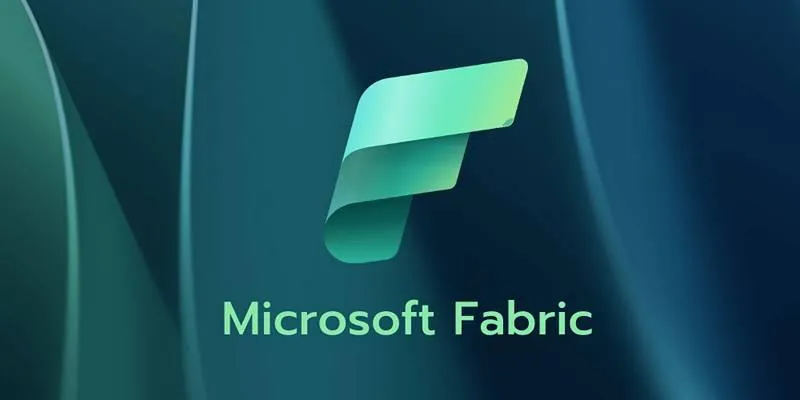
Microsoft Fabric has emerged as a unified data platform integrating Power BI, Azure Synapse, and Data Factory. In 2025, its GenAI assistant, Copilot, enhances the platform’s data engineering capabilities.
Copilot in Fabric allows users to:
- Build entire pipelines using conversational input
- Summarize datasets in plain English
- Recommend transformation steps based on data types
- Visualize relationships between datasets intelligently
Its seamless integration with the Microsoft ecosystem makes it a natural choice for enterprise teams already working within Azure or Office environments.
3. Glean AI for Data Discovery and Pipeline Management
Glean AI, initially known as a workplace search engine, has evolved into a valuable data engineering assistant. It uses GenAI to extract, organize, and generate data pipeline documentation, helping teams maintain clarity across fast-moving projects.
Glean AI’s offerings include:
- Smart metadata and lineage tracking
- Conversational queries to trace data sources
- Automatic pipeline summaries and documentation
This tool is indispensable for teams juggling multiple data sources, providing a way to maintain transparency and auditability across all steps.
4. IBM Watsonx.data
IBM Watsonx.data offers a robust GenAI-powered data platform focusing on secure data access, classification, and transformation. With compliance and governance increasingly important in 2025, this tool has become essential in regulated industries such as finance and healthcare.
Its standout features include:
- Auto-classification of sensitive data
- GenAI-powered natural language query engine
- Policy-based access recommendations
- Customizable data quality metrics and alerts
Watsonx.data excels in environments where data control, accuracy, and explainability are top priorities.
5. Apache Airflow Enhanced by LangChain
Apache Airflow, known for its workflow orchestration capabilities, receives a major GenAI upgrade when combined with LangChain in 2025. LangChain’s integration brings the power of large language models to orchestrated task planning and decision-making.
Benefits of this combination include:
- Automatic DAG (Directed Acyclic Graph) generation via text prompts
- Predictive task scheduling based on historical performance
- Code generation for data operators and transformations
- Chat-based pipeline management
This blend of reliability and AI enhancement makes it ideal for organizations managing large, complex workflows who want more automation without sacrificing control.
6. Prophecy.io: Low-Code + GenAI for Data Engineers
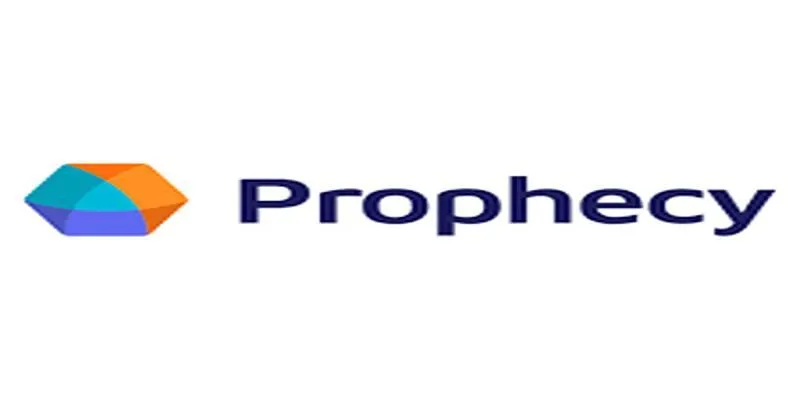
Prophecy.io offers a low-code interface designed for both beginner and expert data engineers. Its 2025 version includes GenAI-powered assistance to reduce development time while preserving code quality.
Key features include:
- AI-driven recommendations for ETL components
- Drag-and-drop interface with smart code behind the scenes
- Real-time validation of data flows
- AI-powered documentation and metadata tagging
Prophecy’s value lies in its accessibility. Teams no longer need to choose between power and ease of use. The GenAI assistant bridges the gap, enabling more people to build robust data pipelines.
7. Tecton and FeatureForm for ML Feature Engineering
For data engineers working in machine learning, Tecton and FeatureForm offer cutting-edge GenAI tools focused on feature engineering. These platforms help teams automate the generation, testing, and validation of machine learning features.
Together, they provide:
- Feature suggestions based on model goals
- Auto-detection of feature drift and data anomalies
- Freshness tracking and lifecycle management
- GenAI-driven explanations for feature impact
These tools are highly specialized but crucial for any organization investing in AI models at scale. They reduce the friction between data engineering and data science, making the ML pipeline smoother and faster.
What Makes a GenAI Tool Valuable?
Choosing the right GenAI tool depends on specific business and technical needs. Key aspects to consider include:
Flexibility and Customization
Tools should support both low-code users and expert coders. Flexibility ensures they can adapt to different projects.
Transparency and Explainability
Users should understand how GenAI reaches conclusions or makes suggestions, especially when dealing with sensitive data or compliance.
Team Collaboration
Features like version control, documentation, and role-based access ensure smooth team workflows, especially in large organizations.
Conclusion
In 2025, GenAI-powered tools are revolutionizing data engineering by automating complex tasks and simplifying data workflows. These tools enable faster pipeline creation, smarter data transformations, and improved collaboration across teams. By integrating AI into daily operations, organizations can achieve better efficiency, accuracy, and scalability. Each of the top tools mentioned offers unique strengths, catering to different needs across industries. Whether it’s low-code platforms, advanced feature stores, or workflow orchestrators, GenAI is becoming essential for modern data teams.
 zfn9
zfn9




